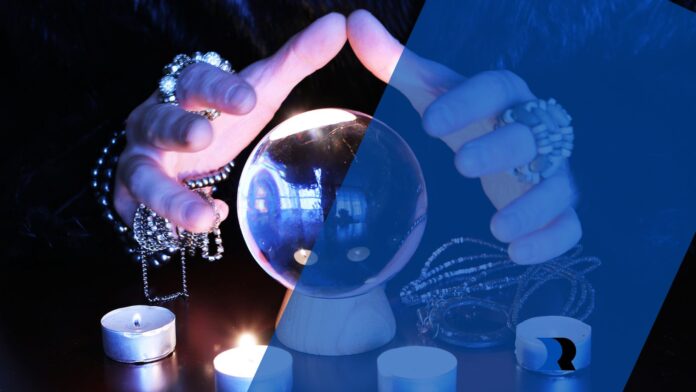The enigma of psychic abilities captivates the human imagination, presenting a world where the boundaries of perception and reality are constantly questioned.
From extrasensory perception (ESP) to telepathy, these alleged capabilities have been dissected and debated across various platforms. This comprehensive exploration aims to shed light on the multifaceted aspects of psychic phenomena, blending scientific scrutiny with anecdotal narratives to offer a balanced view of this intriguing subject.
Historical Overview of Psychic Phenomena
The Roots in Ancient Civilizations
The belief in psychic abilities spans across numerous ancient civilizations. Not only were oracles and seers integral in Greek and Egyptian cultures, but similar figures were also revered in the ancient societies of China, Mesoamerica, and Celtic Europe, where they were believed to possess the ability to connect with supernatural realms.
Evolution in the Modern Era
The 19th-century spiritualism movement was pivotal in introducing psychic phenomena into mainstream consciousness. This period also saw the rise of mesmerism and hypnotism, which were initially linked with psychic abilities and later evolved into fields of psychological study, thereby influencing the early stages of scientific exploration into the psychic realm.
For a more in-depth understanding of what defines a psychic, including their roles and the various types of psychic abilities, you may want to read this detailed article on “What is a Psychic?
Scientific Investigations into Psychic Abilities
Research Efforts and Challenges
The scientific study of psychic phenomena, often termed parapsychology, has included controlled laboratory experiments, field studies, and meta-analyses to examine claims of psychic abilities. Despite these efforts, the field faces challenges like potential experimenter bias and the difficulty in standardizing psychic experiences for scientific study.
Key Findings and Debates
While some parapsychological studies suggest the existence of psychic phenomena, the lack of consistent replication remains a major concern.

Debates in the scientific community focus on whether these phenomena can be reconciled with established scientific principles or whether they necessitate a paradigm shift in our understanding of reality.
Personal Accounts and Anecdotal Evidence
Range and Diversity of Experiences
Beyond common psychic experiences, there are accounts of more extraordinary phenomena such as astral projection or psychokinesis. These extraordinary claims often fuel skepticism but also intrigue, illustrating the vast spectrum of psychic experiences reported by individuals.
The Impact on Individuals and Society
The psychological impact of these experiences on individuals is significant, often leading to a profound reassessment of personal beliefs and worldviews. On a societal level, such experiences contribute to the ongoing debate about the nature of consciousness and challenge the traditional boundaries of human perception.
The Intersection of Psychic Abilities and Culture
Media Representation and Popular Culture
The portrayal of psychics and mediums in the media often swings between two extremes: the sensationalized, mysterious figure with supernatural powers and the skeptical view portraying such abilities as mere fantasy. This dichotomy reflects society’s ongoing struggle to reconcile the mystical with the rational.
Influence on Art and Literature
Psychic themes have not only influenced popular culture but also high art and literature, serving as a metaphor for exploring themes of human potential, the unknown, and the subconscious mind.

This artistic engagement demonstrates the depth and complexity of how psychic phenomena are perceived and interpreted culturally.
Challenges and Ethical Considerations
Misinformation and Exploitation
The field is also fraught with issues of credibility and legitimacy, with instances of self-proclaimed psychics exploiting vulnerable individuals for financial gain. This problem underscores the need for critical discernment and ethical standards in practicing and representing psychic abilities.
Navigating Ethical Boundaries
In addition to these challenges, there is an ongoing ethical debate regarding the potential implications of psychic abilities, if proven real, on personal privacy and autonomy. The ethical discourse extends to the responsibility of researchers and practitioners in how they present and utilize psychic phenomena, especially in the context of public belief and policy.
Conclusion
The journey to understanding psychic abilities is a complex interplay of belief, skepticism, and curiosity.
While the scientific pursuit for concrete evidence continues, the cultural and personal narratives surrounding psychic phenomena offer a rich tapestry of human experience and perception. Unraveling the mysteries of psychic abilities challenges our understanding of the human mind and invites us to explore the limitless possibilities of human potential.


